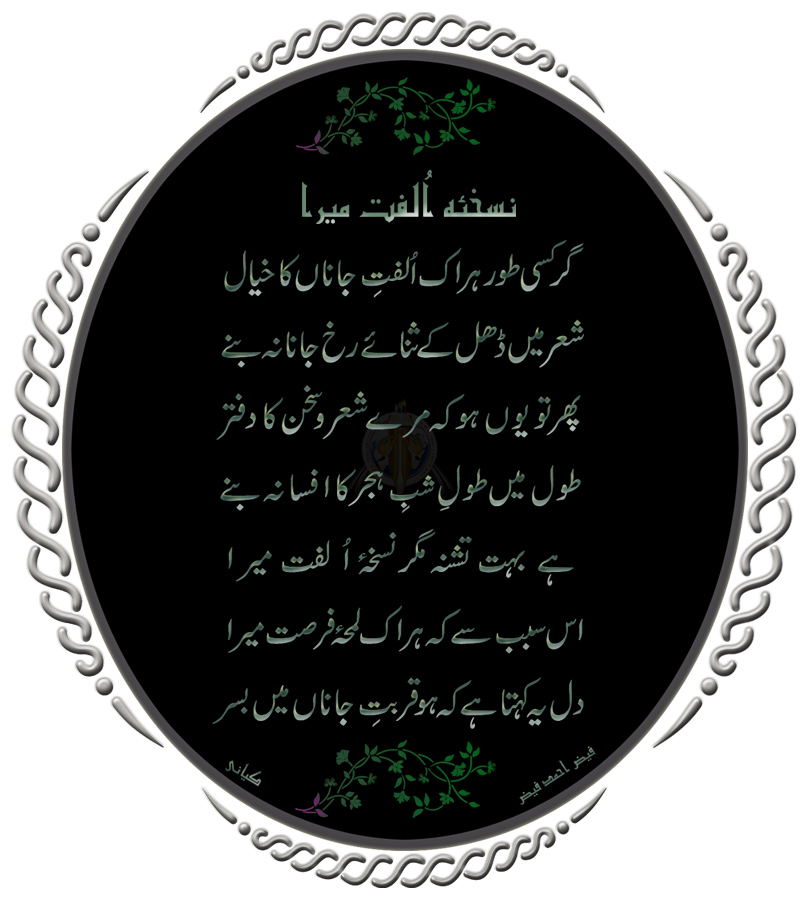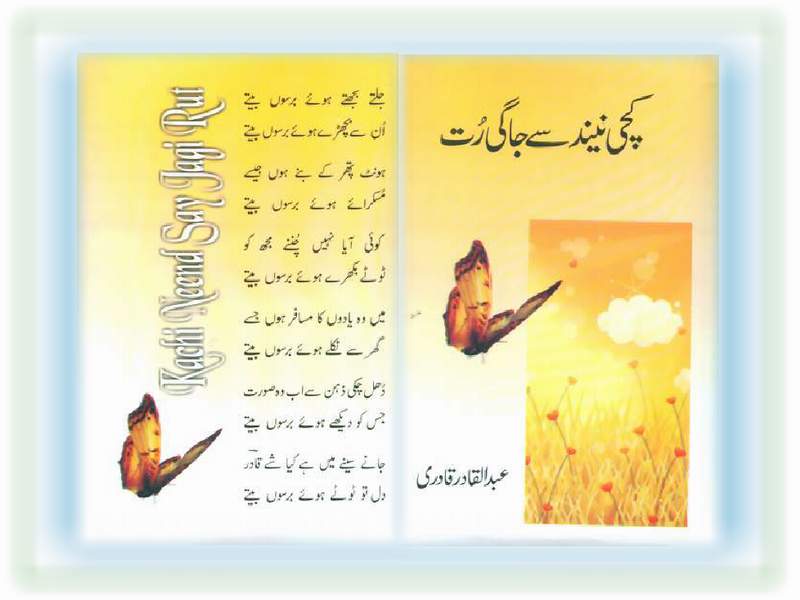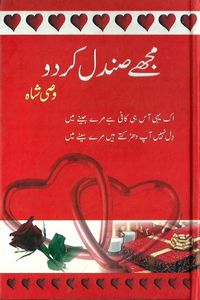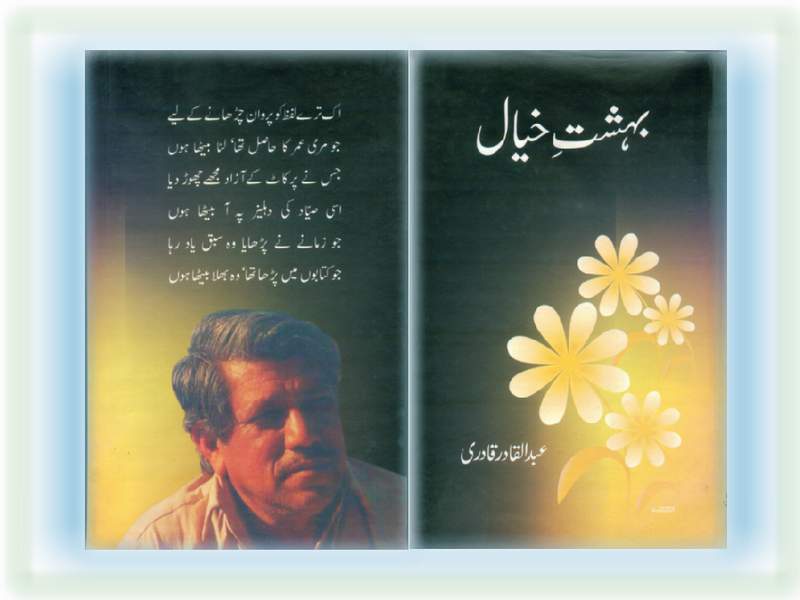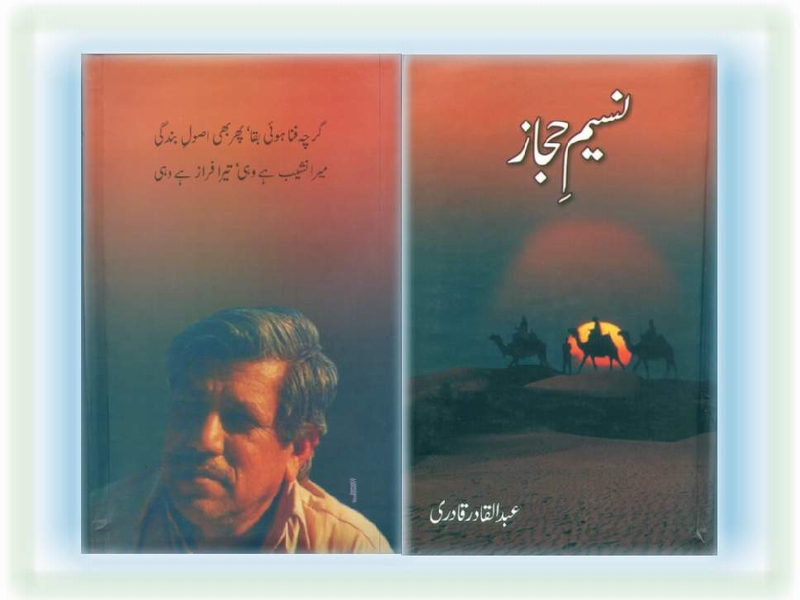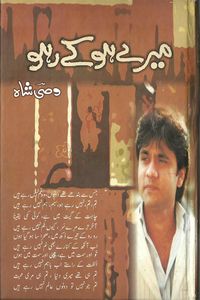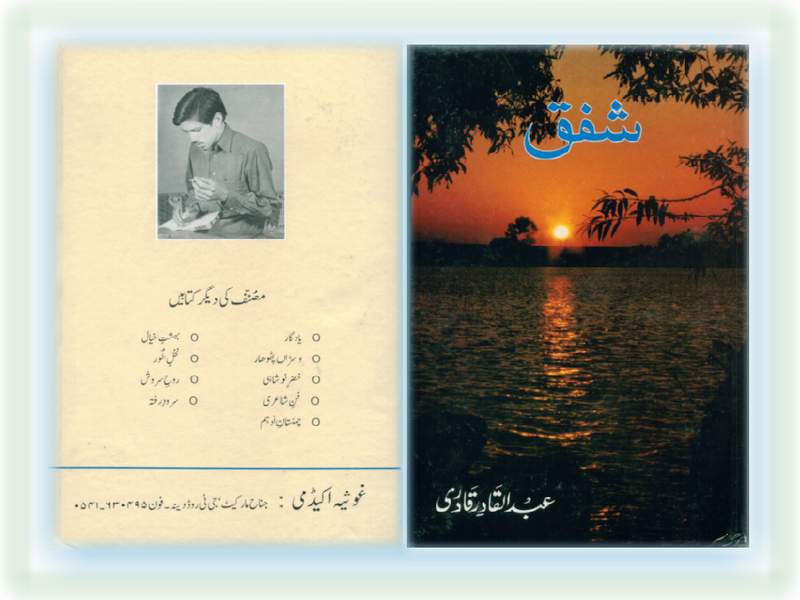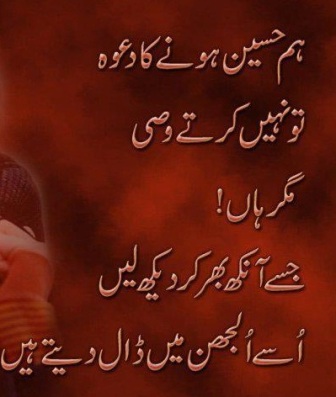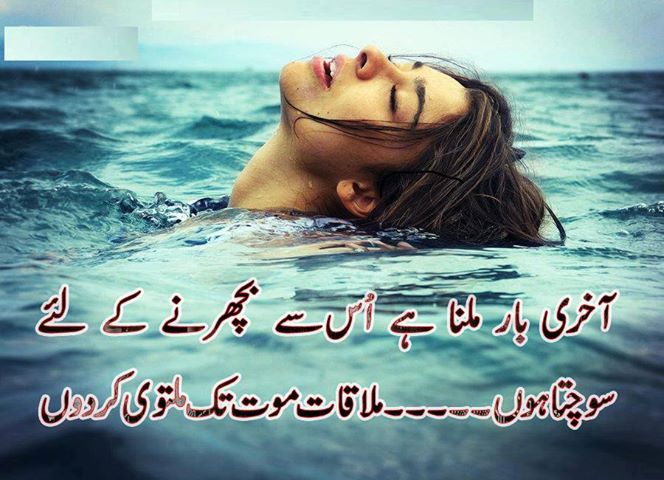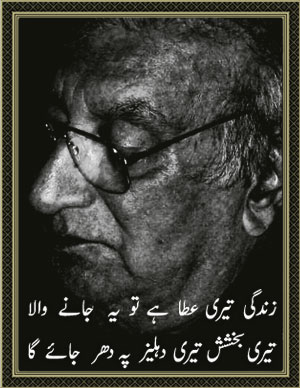Mohsin Naqvi Urdu Poetry Biography
Source(google.com.pk)
Mohsin was born on May 5, 1947 in a neighbourhood called 'Muhallah-e-Sadat' in Dera Ghazi Khan, in present day Pakistan. His Father Syed Chirag Hussain, was a saddlemaker and later worked as a food vendor. His parents had named him 'Ghulam Abbas' which he later changed to 'Ghulam Abbas Mohsin Naqvi'. Mohsin had six siblings.
A partial list of Urdu poetry books of Naqvi:
Azaab-e-Deed عذاب دید
Khaima-e-Jaan خیمہء جاں
Berg-e-Sehra برگ سحرا
Band-e-Kbaa بند قبا
moje-idraak
Taloo-e-ashk
Furat-e-fikr
Reza-e-harf
Rakht-e-shab
Rida-e-khwab
Haq-e-Aeliya
Popular poems
Kehtay hain baray fakhar say hum
ghum nahi kertay
Matam ki sada suntay hain Matam
nahi kertay
Vo log bhala samjhein gay kiya
Raz-e-Shahadat
Jo Eid to kertay hain Muharram
nahi kertay
Kyun aap ka dill jalta hai kyun jalta
hai seena
Hum aap k seenay pe to Matam
nahi kertay
Moshin ye Maqbool Riwayat hai
jahan main
Qatil kabhi maqtool ka matam
nahi kertay
===============
Aankhain khuli rahain gi toh manzar bih ayengai
Zinda hai dil toh aur sitamgarr bhi ayengai
Pehchaan lo tamaam faqeeron kay khadd-o-khaal
Kuch log shab ko bhais badal kar bhi ayengai
Gehri khamosh jheel kay paani ko yun na chaidh
Cheenthay uday toh teri qaba par bhi ayengai
Khud ko chhupa na sheesha garon ki dukhaan mai
Sheeshay chamak rahey hain toh pathar bhi ayengai
Aye shehr yaar dasht say fursat nahi — magar!!
Niklay safar pay hum toh teray ghar bhi ayengai
*Mohsin* abhi saba ki sakhawat pay khush na ho
Jhonkay yehi basoorat-e-sarr sarr bhi ayengai…
===============
Qatal chuptay thay kabi sang ki deewar k bech
Ab to khulny lagy maqtal bhary bazar k beech
Apni poshak k chin jany pe afsoos na kar
Sar salamat nae rehty yahan dastar k bech
Surkhian aman ki talqeen mein masroof rahen
Haroof barod ugalty rahy akhbar k bech
Kash iss khuwab ki tabeer ki mohlat na mily
Sholy ugtay nazar aay mujhy gulzar k bech
dhalty soraj ki tamazat nay bikhar kar dekha
sar kasheeda mira saya saf-e-ashjar k bech
Rizq, malbos, makaN, sans, marz, qarz, dawa
Munqisem ho gya insaN inhe afkar k bech
Dekhy jaty na thy aanso mry jis say Mohsin
Aj hansty howy dekha usay aghyar k bech.
Mohsin Naqvi Urdu Poetry


Mohsin Naqvi Urdu Poetry


Mohsin Naqvi Urdu Poetry


Mohsin Naqvi Urdu Poetry
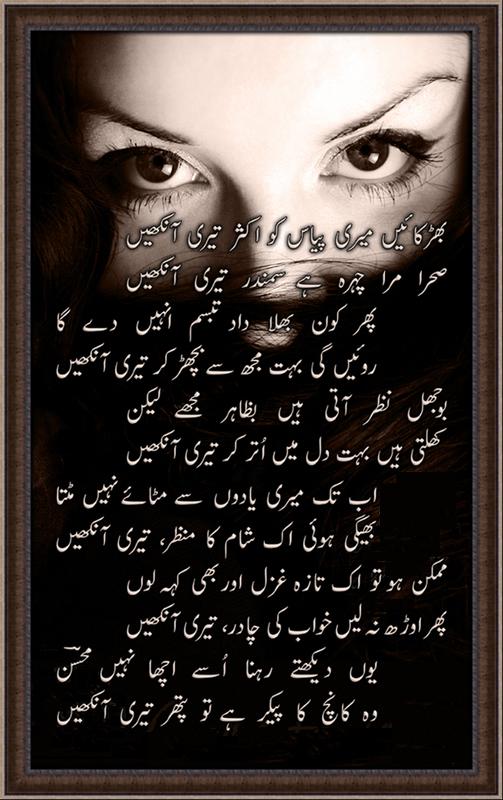

Mohsin Naqvi Urdu Poetry


Mohsin Naqvi Urdu Poetry

Mohsin Naqvi Urdu Poetry


Mohsin Naqvi Urdu Poetry


Mohsin Naqvi Urdu Poetry
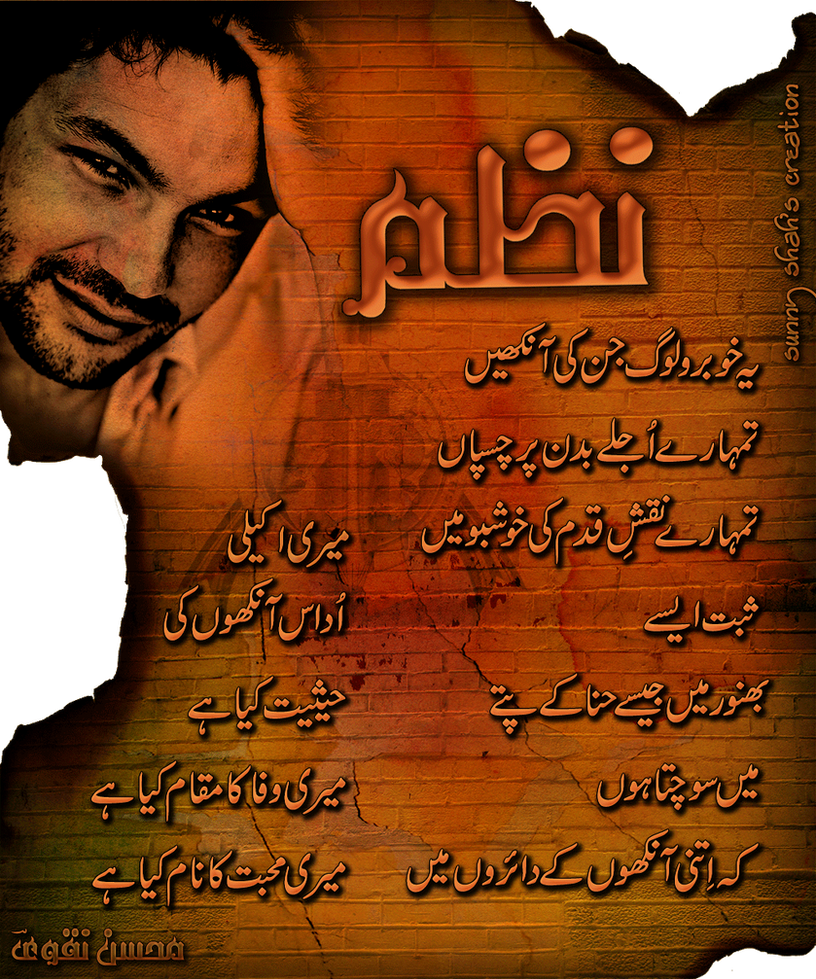

Mohsin Naqvi Urdu Poetry

Mohsin Naqvi Urdu Poetry

